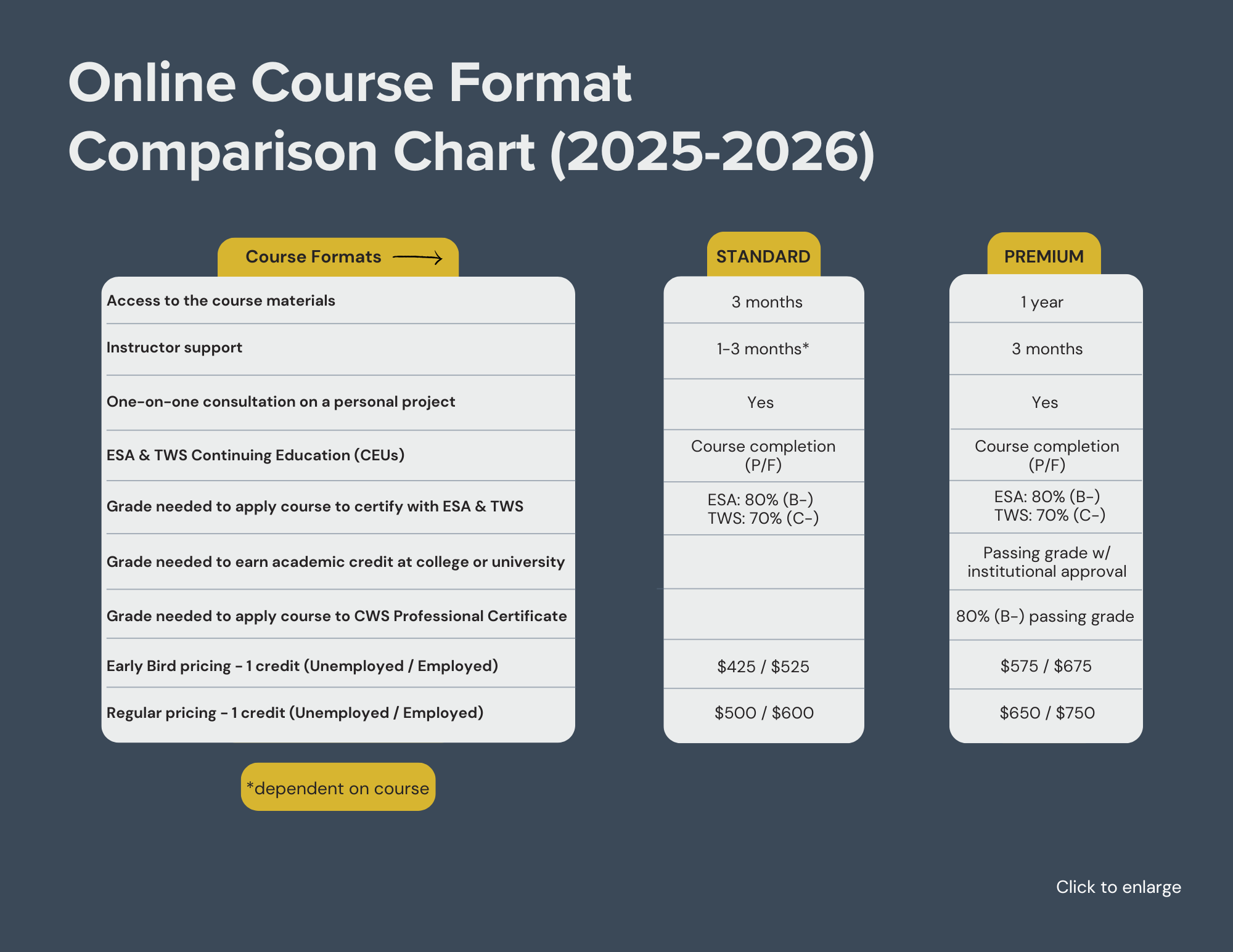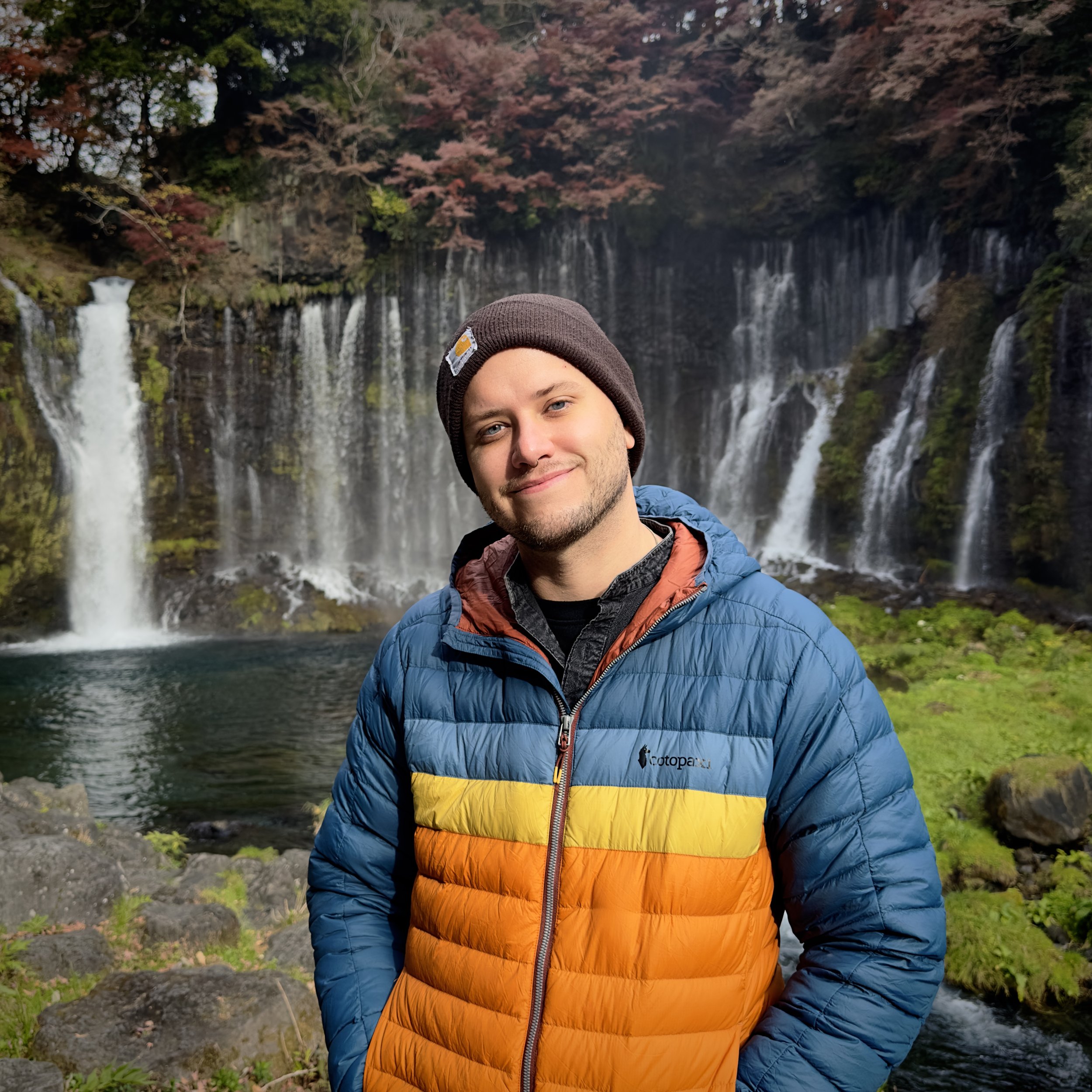-
This course examines the intersection of justice and equity with conservation practice, policy, and research. Through an interdisciplinary lens, students will explore how environmental harms and benefits are distributed, whose voices are recognized in decision-making, and how systems of power shape ecological outcomes. Beginning with the foundations of environmental justice, the course introduces key dimensions of justice, including distributive, procedural, recognitional, structural, and ecological justice, and investigates how these concepts apply to complex conservation challenges.
As the course progresses, students will explore the historical and ongoing impacts of structural inequality, the ethics of participation and consent, and the role of Indigenous and local knowledge in shaping conservation alternatives. Case-based analysis and applied assignments help students critically assess mainstream conservation approaches, engage with participatory planning frameworks, and design more inclusive and accountable strategies. The final module brings these threads together through a justice-driven action plan that allows students to apply what they have learned to real-world conservation contexts.
This course is designed for students who are committed to practicing conservation that is both ecologically effective and socially just. It is especially relevant for those interested in environmental planning, community engagement, and the ethical complexities of conservation across diverse cultural and political settings.
-
Learn at your own pace with instructor support (see Online Course Format Chart below for details).
Winter: January 5 – March 30, 2026 (Early bird ends December 7th)
*Early bird saves $75
-
No specific course is required, but participants should have a general interest in conservation, social justice, and working with diverse communities. This course is designed to be accessible to students from interdisciplinary backgrounds.
-
Module 1: Environmental Justice in Conservation; Foundations and Frictions
Critically examine the historical roots, evolving principles, and core dimensions (distributive, procedural, recognitional, structural, and ecological) of environmental justice (EJ), apply these concepts to analyze tensions and synergies within real-world conservation contexts, and thoughtfully reflect upon their own positionality and intersectionality in relation to power, identity, and voice in environmental decision-making.
Module 2: Structural Inequality and Social Safeguards in Planning
Critically examine how systems of inequality, power, and structural violence influence historical and contemporary conservation practices, evaluate the goals, strengths, and limitations of social and environmental safeguards, identify recognition gaps and power dynamics in environmental decision-making, and apply historiographical methods to analyze how knowledge, rights, and futures have been prioritized in conservation narratives over time.
Module 3: Participation, Consent, and Ethical Engagement
Evaluate participatory processes and rights-based approaches in conservation planning by analyzing how ecological justice frameworks, Indigenous and local ecological knowledge, and rights to nature shape conservation practices; identify and address common barriers to meaningful stakeholder engagement through procedural and recognitional justice perspectives; and effectively apply ethical frameworks, including Free, Prior, and Informed Consent (FPIC), to support inclusive, culturally sensitive, and trust-based community interactions.
Module 4: Justice-Driven Conservation Design
Synthesize environmental justice principles, rights-based engagement, and equity-centered planning by designing conservation strategies grounded in reparative and restorative justice frameworks, effectively integrating all dimensions of justice into conservation project cycles, constructing monitoring, evaluation, and learning (MEL) frameworks with justice-oriented indicators, and operationalizing community-defined measures of success that center frontline voices, ecological integrity, and accountability.
COURSE OPTIONS & INFORMATION (Review chart above, then click below)
-
FORMAT:
3 months of access to course materials as you work at your own pace
Get instructor support for the 3-month term via email, discussion threads, group meetings, and one-on-one appointments
After working through the course materials, set up an optional meeting with the instructor to discuss your own personal project from work or school
CONTINUING EDUCATION:
16 CEUs with The Wildlife Society
CERTIFICATIONS:
Earn 1 credit toward certification as an Associate/Certified Wildlife Biologist® (at any level) with The Wildlife SocietyDescription text goes here
-
FORMAT:
12 months of access to course materials as you work at your own pace
Get instructor support for the 3-month term via email, discussion threads, group meetings, and one-on-one appointments
After working through the course materials, set up an optional meeting with the instructor to discuss your own personal project from work or school.
CONTINUING EDUCATION
16 CEUs with The Wildlife Society
Go to our Continuing Education Page for more details
CERTIFICATIONS
Earn 1 credit towards a professional certificate in Conservation Planning with CWS
Earn 1 credit toward certification as an Associate/Certified Wildlife Biologist® (at any level) with The Wildlife Society
ACADEMIC CREDIT
Earn 1 academic credit (go to our Academic Credit Page for details)
Earn an additional 1-2 academic credits with an Applied Project
INSTRUCTOR
SCHOLARSHIPS
Full scholarships are available to participants from countries designated as “lower income” and “lower middle income” in the World Bank List of Economies. Please see our CWS World Scholars Program page for details.
CANCELLATION POLICY
Cancellations 30 days or more before the start date are not subject to cancellation fees. Cancellations <30 days before the start date are subject to a 50% cancellation fee. No refunds once the course begins.




